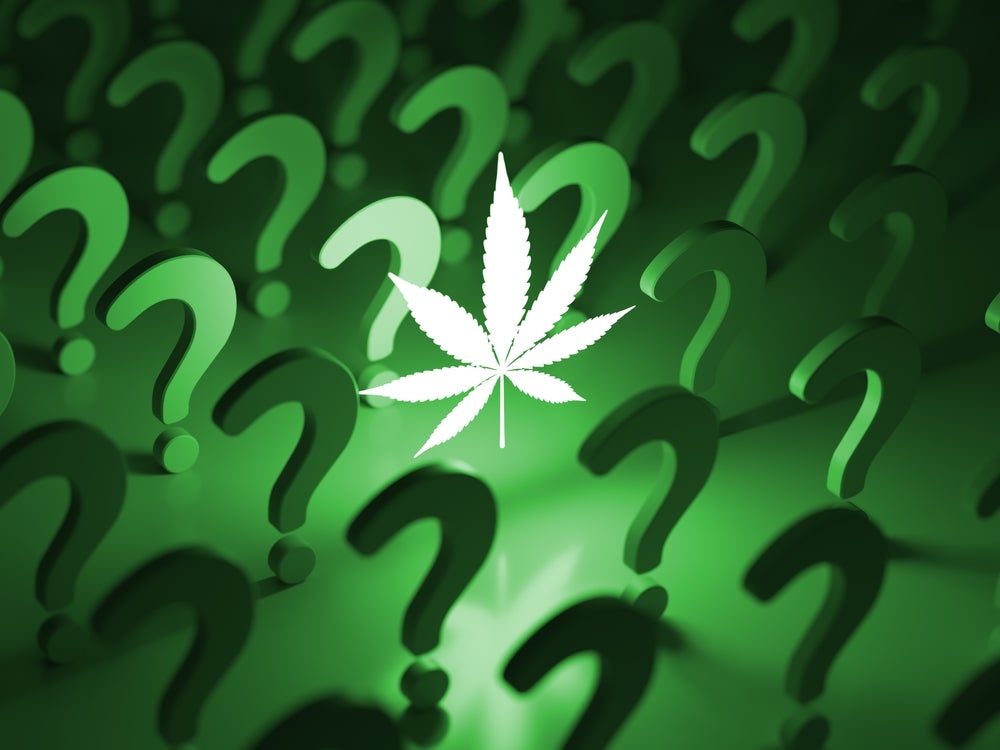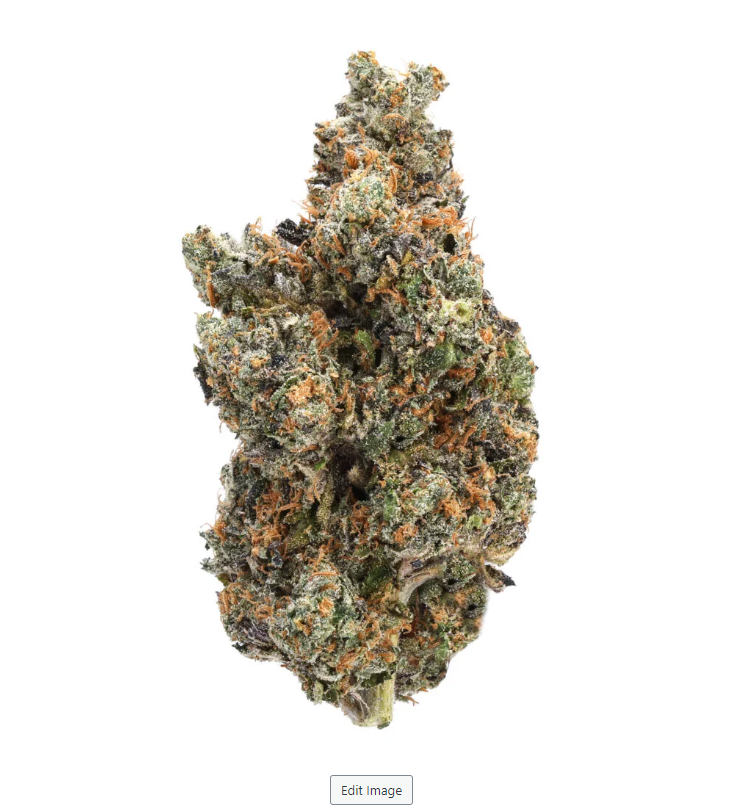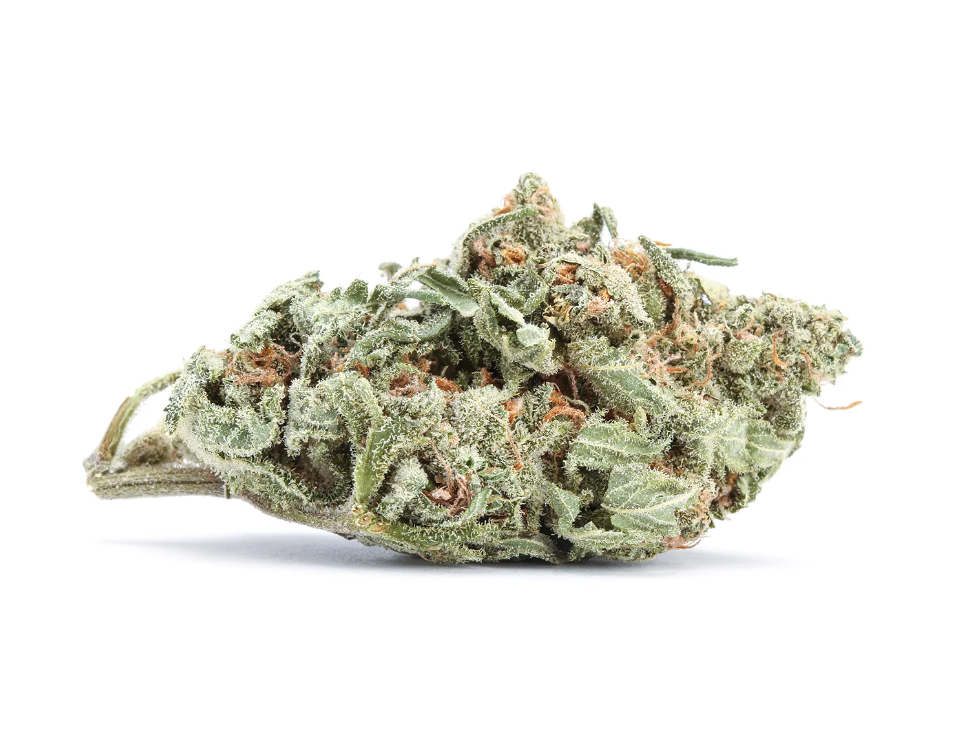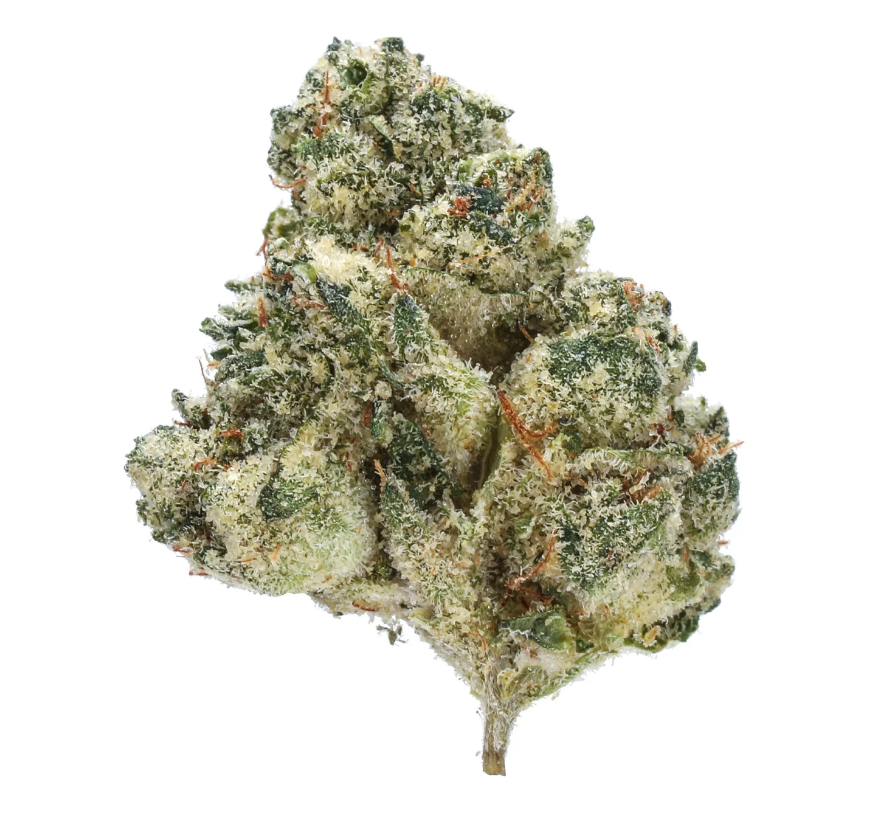Whether you’re about to try marijuana for the first time, or you’re simply looking for the answers to the most popular questions about weed, it’s always a good idea to learn a little bit more about the cannabis plant. There are some basic things you should know about weed, and in order to save you confusion and potential frustration, we’ve listed the most common questions about pot – with answers, of course. Here we go!
1. How does it feel to be high?
Because weed affects everyone differently, you would probably get lots of different answers to this question. However, there are some common feelings that most of us may experience, such as happy, euphoric and giggly moods. On the other hand, there are many different types of marijuana that provide dissimilar effects, as some strains are more calming – making you feel sleepy – while others will give you a nice energy boost and uplifted mood. There are also strains that are lower in THC and have higher amounts of CBD (cannabidiol), which is an active compound of the cannabis plant, but not a psychoactive one. CBD promotes a relaxing, and soothing vibe helping the user get rid of anxieties and making it a lot easier to unwind or get things done. Basically, when being high, you can expect laughter, euphoria, slow-feeling movements, slowed perception of time, and stress relief. Keep in mind though, that when smoking too much weed you may experience paranoia or anxiety.
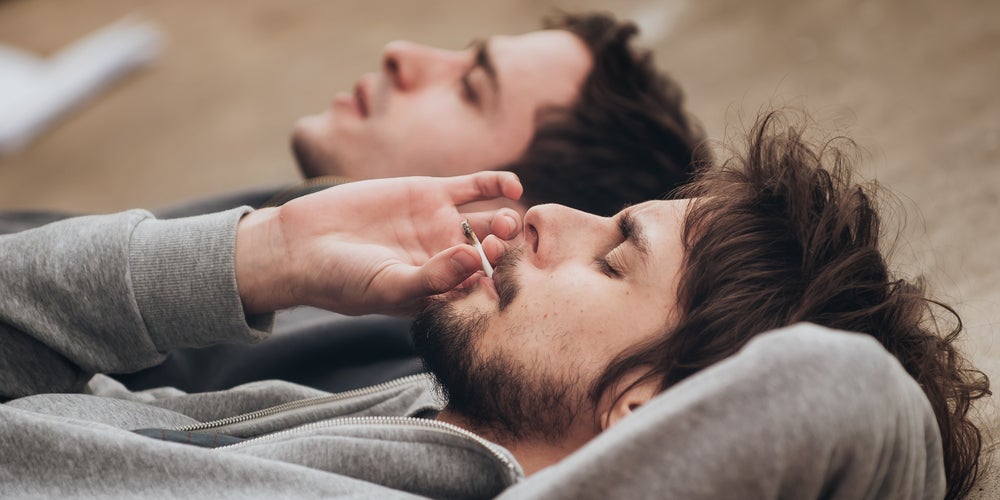
2. Is marijuana bad for me?
Although there is no straight answer to this question, most dedicated weed users will tell you that they experience lots of benefits when it comes to smoking weed, and there is nothing that pot takes away from them. You should keep in mind that there is not enough research on the subject, so it’s hard to confirm whether or not marijuana is 100% safe for everyone. The important thing is that weed is not associated with long-term lung damage, brain impairment, or any serious diseases, such as cancer. However, there is some risk that you should be aware of if you’re struggling with psychotic disorders or a serious heart condition. Smoking weed isn’t good for people under the age of 16, and it’s best to keep it only for adults. There are lots of ways to consume weed, among which smoking is not the healthiest one. If you want to embrace marijuana with no health risks, consider buying a vaporizer or switching to edibles for a more safe and more interesting marijuana experience.
3. What are sativas and indicas?
In general, marijuana is classified into two main types: Sativas and Indicas. To cut the long story short, Sativa strains are thought to be perfect for daytime use, as they provide a euphoric and energizing experience, while Indicas are better for relaxing evenings on a sofa. Indica strains provide a slow and calming experience, therefore these types of buds would be ideal for evening use or for those suffering from insomnia. Most of the Indica effects are spread throughout the body making your muscles relaxed and heavy. If you’re looking for the opposite effect, choose a Sativa strain, which may be even more energizing than a cup of espresso in the morning. Sativa will make you feel uplifted and ready to conquer the world.
4. What is the difference between medical and recreational marijuana?
Many people wonder about the differences between recreational and medical marijuana, especially whether you can use recreational weed for medical purposes and vice versa. Basically, the main difference between these two is how they are regulated and whether or not you can get access to your stash. First of all, medical marijuana needs to be prescribed by a doctor, but only if you qualify as a medical marijuana patient. Recreational weed is available in some of the U.S. states if you’re over the legal age of 21, and will soon be available for customers in Canada. But how to know the difference between medical and recreational pot? Usually, recreational weed has higher levels of THC, with lower levels of CBD, while medical marijuana strains tend to be high in CBD and usually have lower amounts of psychoactive cannabinoids. On the other hand, many “recreational strains” have great medical value and work perfectly when it comes to fighting plenty of diseases. As for medical marijuana, you should know that most medical cannabis dispensaries offer a wide range of products, such as cannabis pills, topicals, lots of different edibles, concentrates, and extracted marijuana oils.

5. Can I become addicted to weed?
This one is really easy. The answer is no, and you should always remember that. The National Institute on Drug Abuse reports that yes, weed may lead to the development of marijuana use disorder, and it may take the form of addiction, but it is definitely not addictive. It all boils down to knowing the definition of addiction, which is basically a physical dependence on a substance. Interestingly, studies show that you can’t become physically addicted to marijuana, as there are no chemicals in this plant that may lead to it. Although you may feel the urge to smoke if you’re not able to get high at the time, the worst-case scenario is that you’ve developed a marijuana use disorder, which is not a scary thing considering the number of people addicted, say, to their morning coffee.
Reading the answers to these 5 most popular questions about weed, you’re most likely wondering why on earth marijuana is still illegal in so many places around the world. There are many answers to this question, none of them simple. However, the most likely reason is that many countries need to come up with an idea of how to regulate weed in the first place. Some people believe that tobacco- and alcohol-related companies are blocking the global legalization of weed, as this could lead to a significantly decreased demand for their products. Whatever the real reason behind any restraints on the plant, we’re lucky that marijuana legalization in Canada draws near. Let’s hope that other countries will follow soon.



